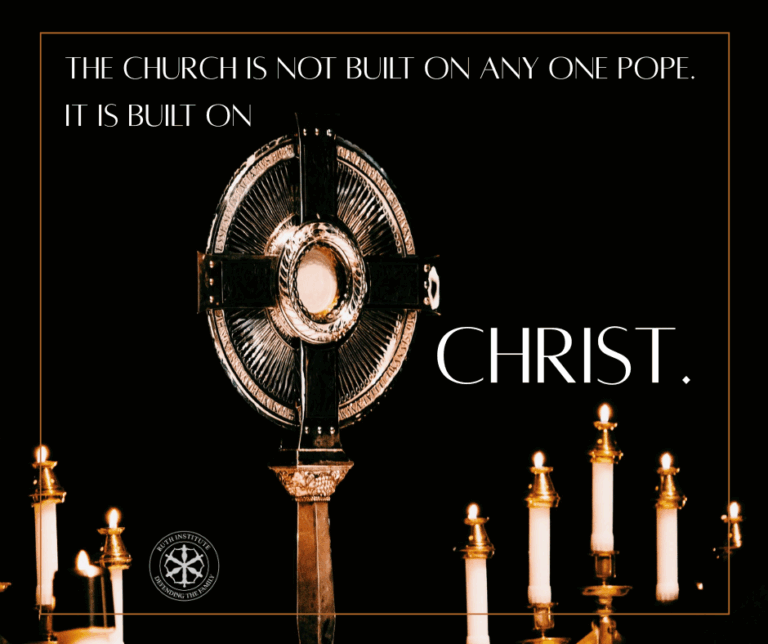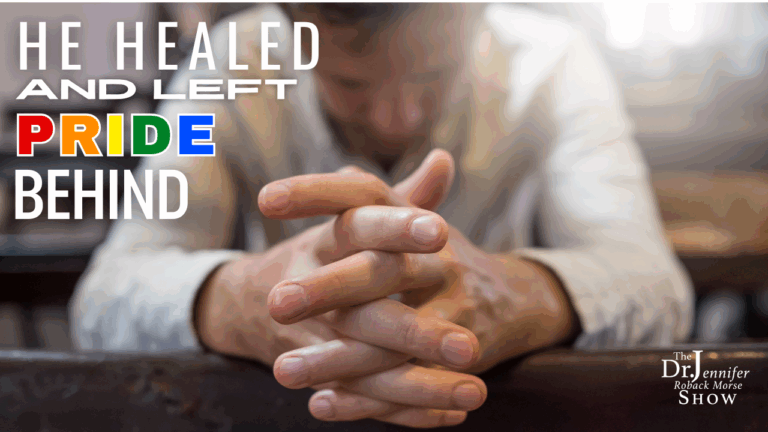by Faith Hakesley
For centuries, churches have been places of worship and refuge. Yet, we have been faced with the sad fact that some people do not always provide a safe place for worship or refuge. While our churches should be places of spiritual enrichment helping us to grow in holiness, they can sometimes be places of torment. There is possibly no one who understands this reality better than survivors of clerical abuse. Returning to church following clerical abuse can be very difficult.
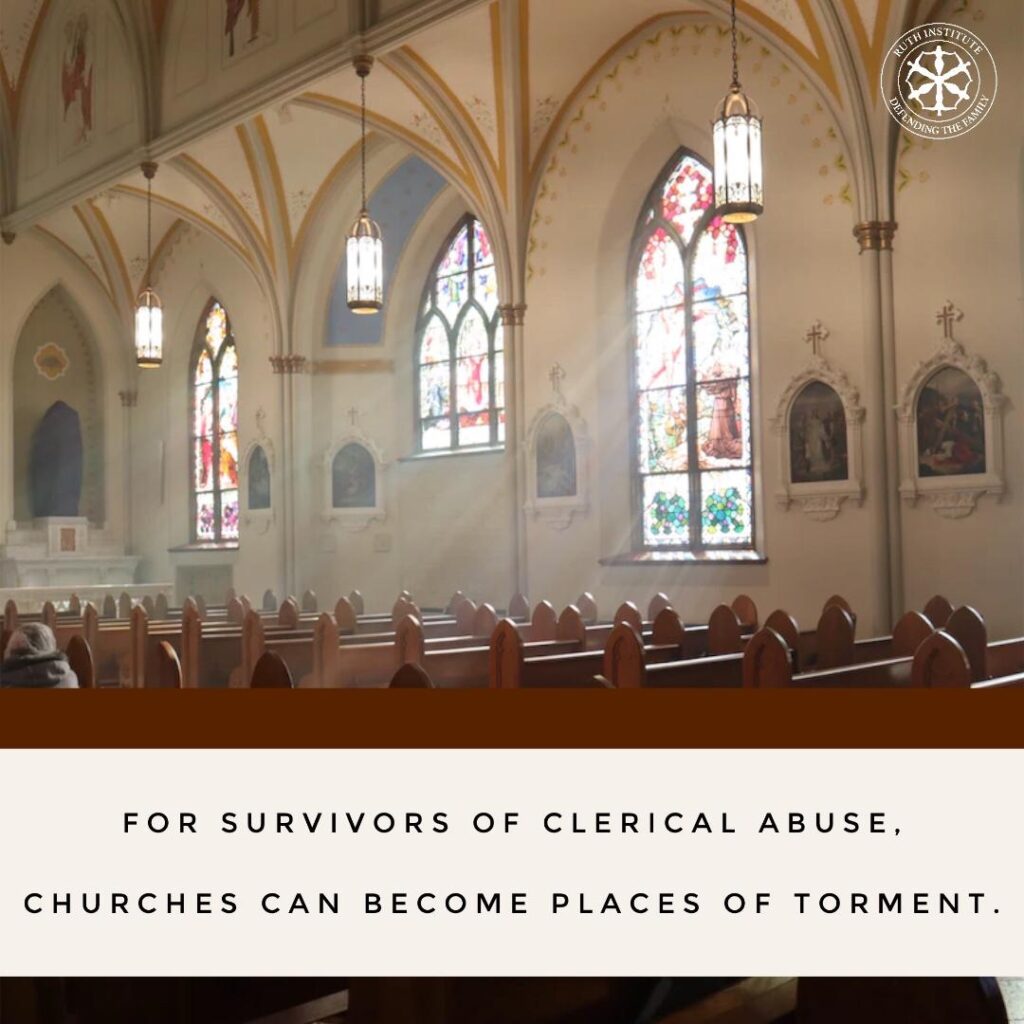
All survivors cope differently, but many of the survivors I have encountered still love their faith even after being hurt. Yet, whether due to triggers surrounding the environment, a priest, or the people within a particular parish, some survivors find it impossible to so much as step foot into a church. It seems all too easy for someone who hasn’t been abused to tell a survivor, “Don’t leave Jesus because of one Judas.” Like it or not, if the victim was not believed, not supported, and/or accused of creating scandal, they are probably going to leave.
“I love my faith! Why am I struggling so much?”
First of all, if you are a victim of clerical abuse and you are struggling to return to church and the sacraments after any length of absence, I want you to know that the abuse was not your fault. It’s okay (and normal) that you are struggling. You are not alone!
While victims often struggle with their relationship with God, more often than not it is the relationships with the people that is the greatest factor in victims having difficulty returning to church. There are two parts to the Catholic Church here on earth. First, we have the perfect divine part (God, Jesus, Mary, the saints, etc.). Human beings make up the second part. This includes the pope, priests, bishops, nuns, lay people, etc. It is imperfect and made up of imperfect people. This is the part that typically makes returning to church all the more difficult for survivors. Perhaps it was one priest who abused a victim but, in many cases, there were other priests or lay people who looked the other way. Time and time again, we have seen that abuse was enabled. This makes staying in the Catholic Church unspeakably hard for any survivor.
All victims get triggered. Although triggers can vary from victim to victim, most people who have suffered clergy abuse will (understandably) be triggered by things and people synonymous with Catholicism (such as churches, rectories, and priests). The places of abuse can be triggering as well as anyone who reminds them of the abuse. For example, I have known people who were abused by doctors and so they are easily triggered at medical offices, and they have a hard time trusting doctors. Others were abused at school and so schools are triggering for them. The same goes for someone who has been abused at a church or by someone from the church.
Failure of Church Leadership
Abusers in leadership roles (such as priests and other religious leaders) abuse their power to groom and hurt their victims. There have been many cases of clerical abuse where the priest used the Mass and/or other religious sacramentals and images to abuse their victims. A woman I know was raped during mass. I have known others who were abused in the sacrament of Confession.
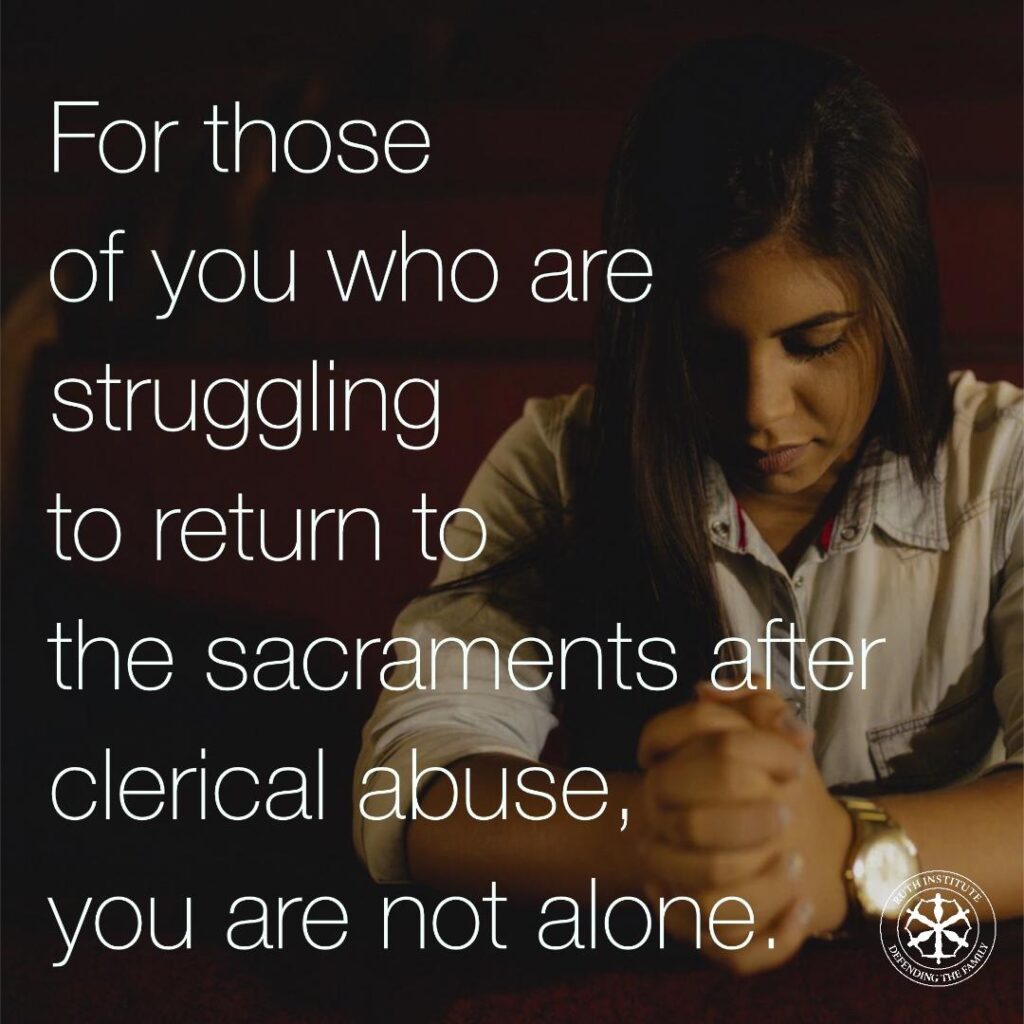
It should also be noted that in some cases of clerical abuse, church leadership has contributed to the crisis. Abuse has been covered and perpetrators hidden and defended. Clearly, we do have flawed leaders. Other Catholics are also a contributing factor for survivor hesitancy in returning to church. There is an overwhelming lack of compassion.
Several months ago, I participated in a meeting for the Synod on Synodality involving survivors of clerical abuse in the Archdiocese of Boston. A lack of compassion was a recurring theme. Here is the summary of that meeting.
A Lack of Support
There are many reasons why a survivor might be struggling to return to church and to the sacraments. Going back or participating fully doesn’t always happen overnight. One can believe in God and love God and yet still be unable to set foot inside a church. Working through the wild roller coaster of emotions and physical reactions to triggers can take time.
Remember that survivors are sometimes not supported by their families. Combine that lack of support with feeling abandoned, not only by God, but also by the members of the church who failed to support them. Where are victims to turn when the systems they would normally rely on have proven unreliable?
It is no wonder why many survivors struggle to return to church after clerical abuse.
Some Helpful Tools
I won’t sugarcoat it: I have struggled to remain a practicing Catholic. There have been many masses and events that I have sat through seething with anger and resentment. Some parishioners at my parish turned against me and supported my rapist. That sure didn’t feel very good. Going to confession is still difficult for me. I have felt triggered by parts of the church building, by parts of the Mass, and even by music. On more than one occasion while at Mass, I have had to step outside the church for a few minutes to gather myself.
Years ago, I realized that I had to accept that my body wasn’t going to feel safe after the abuse I had suffered. As a result, my mind wasn’t going to feel safe either. The nervous system takes time to regulate following a traumatic event. However, this requires the right help and support so that you can reach a place where you feel calmer and safer. A good therapist and the right therapy can help with that.
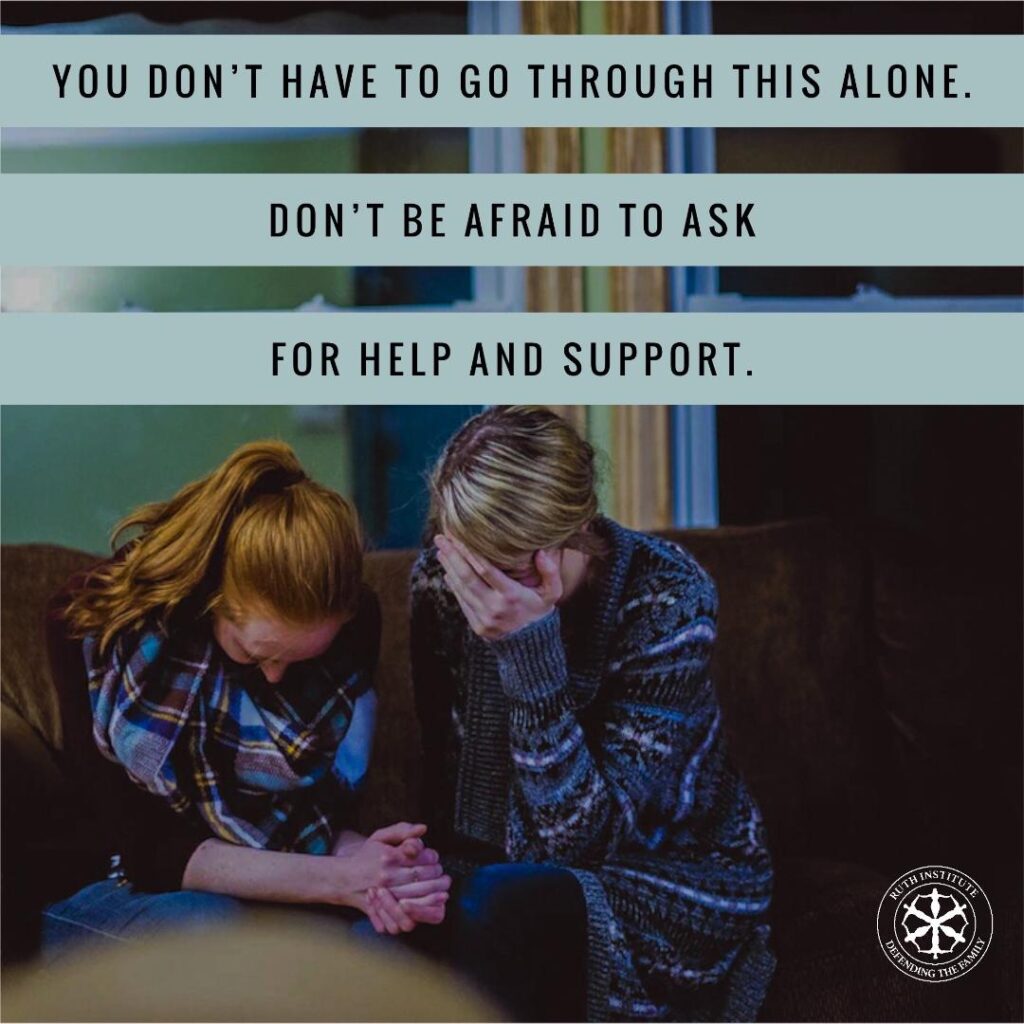
Here are some helpful questions that I sometimes ask myself:
Why do I want to remain Catholic?
What do I love about my Faith?
Why is it worth fighting for?
Once I decided my “why” for remaining a practicing Catholic, I was able to persevere even when the going got rough. To this day, it still gets rough! Despite the corruption and the evil actions of some people, I have reached a point in my own healing journey where I am determined to stick with it. For me, staying is a choice I made, and the effort has been worth it. Obviously, not everyone has had the exact same experience and every victim reacts differently.
If You’re Not Quite Ready
If you are not quite ready to physically return to Mass or if you are struggling to receive the sacraments, here are some suggestions:
- If you can, go to a different church from where the abuse took place. A change of scenery and starting fresh can be good.
- If you are looking at going to a particular parish, follow it on social media. Get a feel for what kind of parish it is. Watch their livestream services (if those are available).
- Speak with the pastor or member of the parish staff. Have someone go with you if that makes you more comfortable. Ask any questions you have and voice your concerns or hesitations about returning to church. Ask questions about the kinds of abuse training church employees and volunteers receive. Consider how this particular parish will respond to your unique spiritual needs. How can they support you? Are the priests and employees familiar with abuse and the needs of victims?
- Make sure you are working on developing healthy coping skills. As I previously mentioned, a mental health professional can be very helpful here. You’re going to need help preparing yourself for triggers. For example, one of the hardest parts of going to mass for me was facing the priest on the altar because my rapist used to stare at me from the altar during certain parts of the mass. Also, the white clerical collar was triggering for me. Once I accepted the things that were issues for me, I was able to bring them to my therapy sessions and develop appropriate coping skills for dealing with potential triggers.
- Pray. Never underestimate the spiritual battles at work. You’re going to need God’s grace to get you through. You need to continue building your spiritual life as best as you can. If you’ve ever been away from the sacraments for any period of time, you know how painful it is! Whether you choose to read about the saints, read the Bible, or pray the Rosary, you need to find ways to feed your soul.
- Consider getting a spiritual advisor. This can be a lay person and their role is to help you grow in holiness.
- Watch Mass and Eucharistic Adoration on TV. While the potential for triggers is still there, you are at least in the privacy and safety of your home.
- Confession is a particularly difficult sacrament to receive. After all, you are alone with a priest telling him your sins and struggles. This is a sacrament that requires a particular amount of trust. Trust takes time to build. Even so, I personally have found it helpful to only go to priests who I have little contact with. You, however, might find that you prefer to speak with a priest who you know. Also, I regularly go to a church whose confessional allows for complete separation from the priest. If you want to return to confession but aren’t comfortable with it just yet, try looking for a parish that offers a confessional set-up that you feel safer with.
- Start slow by sitting outside the church in your car and praying. Then try walking around the building (again don’t forget to incorporate prayer into this if you can). Work your way up to going up to the door and walking inside. If you can, have a support person with you so you feel safe and supported.
- Be mindful of where you sit in church and how that affects you. For years, I could not sit up front or in the direct eye line of the priest. I felt more comfortable sitting off to the side close to the back. The back was closer to the entrance in case I needed to step out at any point.
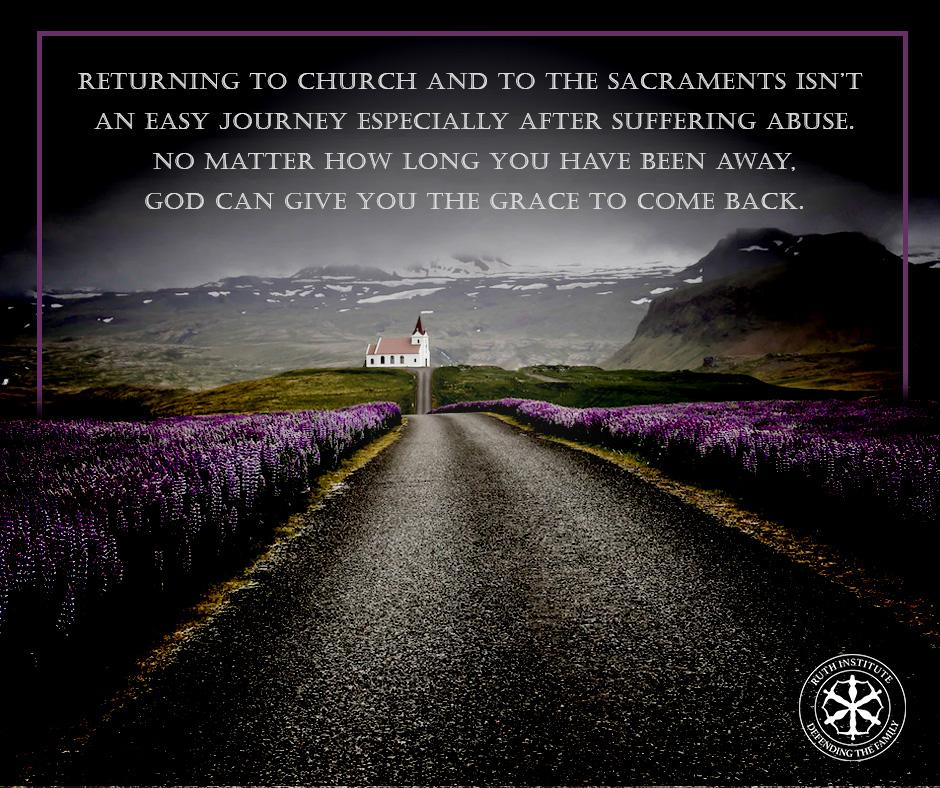
Focus on God
Ultimately, you have to bring God into your healing and take things slow if you need to. Without a focus on the spiritual aspect of being a Catholic, you will easily lose the main reason for returning to church and the sacraments. Bring your anxiety, sadness, and troubles to God and He will help you through this. Nothing is impossible with His help!
Returning to church after clerical abuse is one of those tough areas where you definitely have to be willing to face the pain in order to keep going. I know it’s easy to get discouraged. If you are struggling, know that you are not alone. Keep the focus on Christ and remember that with Him all things are possible!

